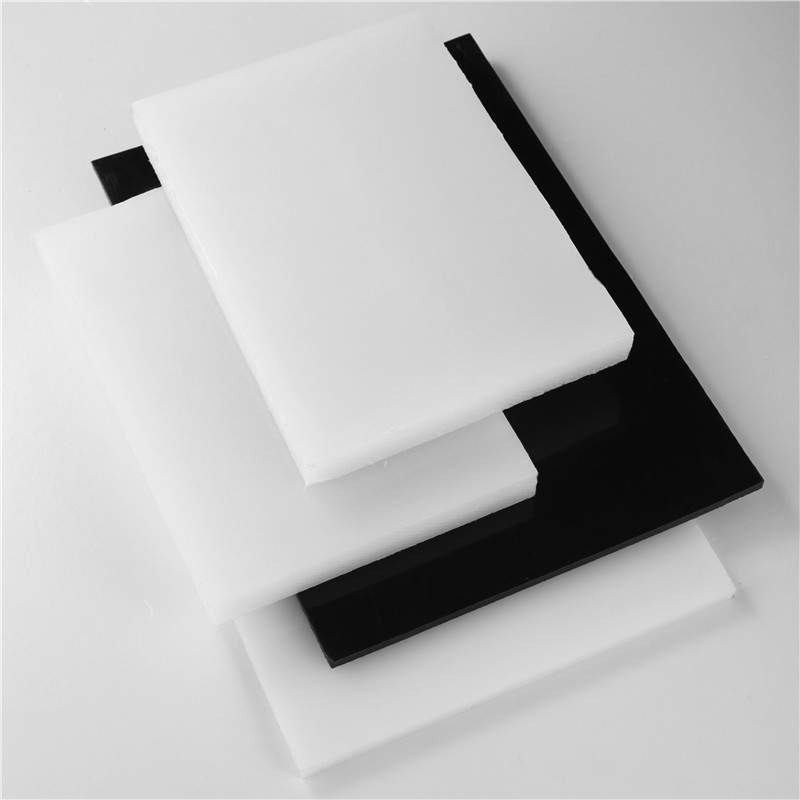Dec . 12, 2024 05:06 Back to list
pvc pipe drip irrigation
The Benefits and Applications of PVC Pipe in Drip Irrigation Systems
Drip irrigation has revolutionized agriculture by providing a more efficient and sustainable means of watering crops. Among the various materials used in these systems, PVC (polyvinyl chloride) pipe stands out as a highly effective choice. This article explores the benefits and applications of PVC pipe in drip irrigation systems, highlighting its role in enhancing agricultural productivity and resource management.
The Benefits and Applications of PVC Pipe in Drip Irrigation Systems
Another significant benefit of PVC pipe is its lightweight nature. PVC pipes are much lighter than traditional metal or concrete options, making installation easier and less labor-intensive. Farmers can handle and transport PVC pipes without the need for heavy machinery, which is especially valuable in remote or rugged areas. This ease of installation allows for quicker setup of drip irrigation systems, enabling farmers to implement water-saving techniques without significant delays.
pvc pipe drip irrigation

Moreover, PVC pipe is highly versatile, allowing for a range of configurations in drip irrigation systems. It can be easily cut and joined with various fittings to accommodate different field layouts and sizes. This flexibility means that farmers can design irrigation systems tailored to their specific crop needs and terrain. Whether dealing with row crops, orchards, or greenhouses, PVC pipe can be adapted to provide precise water delivery right where it is needed, promoting healthy plant growth while minimizing water wastage.
The efficiency of drip irrigation systems utilizing PVC pipe is another compelling reason for its popularity. By delivering water directly to the plant roots, these systems reduce evaporation and runoff, ensuring that the maximum amount of applied water reaches the plants. This targeted approach not only conserves water but also promotes healthier growth conditions, leading to increased crop yields. In regions where water scarcity is a pressing issue, the implementation of PVC pipe-based drip irrigation can be a game-changer, making agriculture more sustainable and resilient.
In addition to its physical properties and application flexibility, PVC pipe is also cost-effective. The initial investment in PVC piping is often lower than that for other materials, and its long lifespan and low maintenance needs contribute to reduced overall costs in the long run. This affordability allows smallholder farmers to access modern irrigation technologies that were previously out of reach, thus empowering them to enhance productivity and improve food security.
In conclusion, PVC pipe plays a vital role in the effectiveness of drip irrigation systems. Its durability, lightweight nature, versatility, efficiency in water delivery, and cost-effectiveness make it an ideal choice for farmers seeking to optimize their irrigation practices. As the agricultural industry continues to face challenges related to water scarcity and climate change, the adoption of PVC pipe in drip irrigation systems represents a significant step toward more sustainable and productive farming. Embracing such innovative solutions is essential for ensuring a secure and sustainable food supply for the growing global population.
-
High-Quality PPR Pipes and Fittings Durable ERA PPR & PVC PPR Solutions
NewsJul.08,2025
-
Black HDPE Cutting Board - Durable, Non-Porous & Food Safe HDPE Plastic Cutting Board
NewsJul.08,2025
-
High-Quality CPVC Panel Durable HDPE & PVC Panels Supplier
NewsJul.08,2025
-
Double PE Welding Rod Supplier - High Strength, Durable & Versatile Welding Solutions
NewsJul.07,2025
-
High-Quality PVC-O Pipe Supplier Durable 75mm PVC Pipe & Connections Leading PVC Pipe Company
NewsJul.07,2025
-
HDPE Drainage Pipe Supplier – Durable & Corrosion-Resistant Solutions
NewsJul.06,2025

